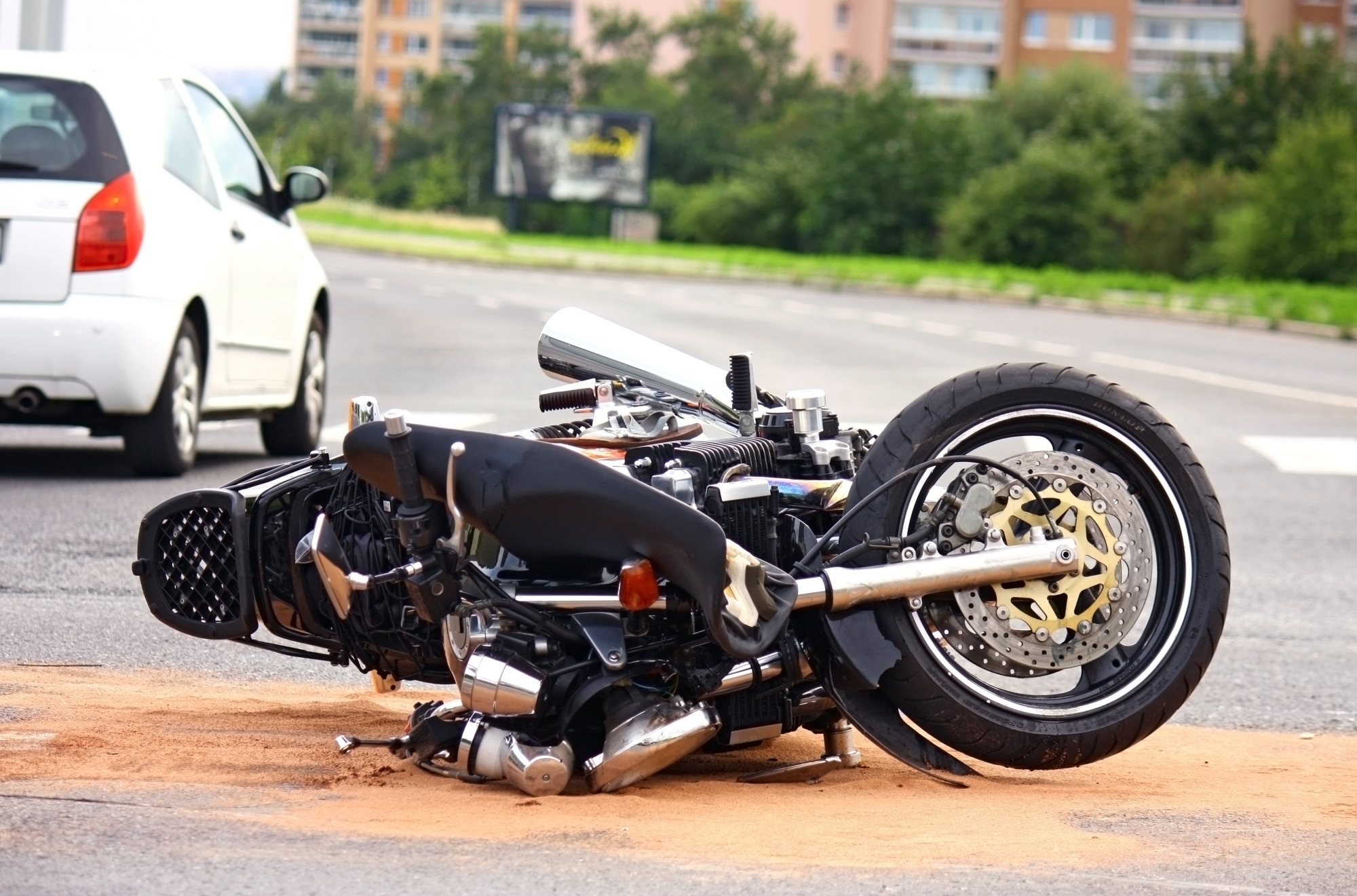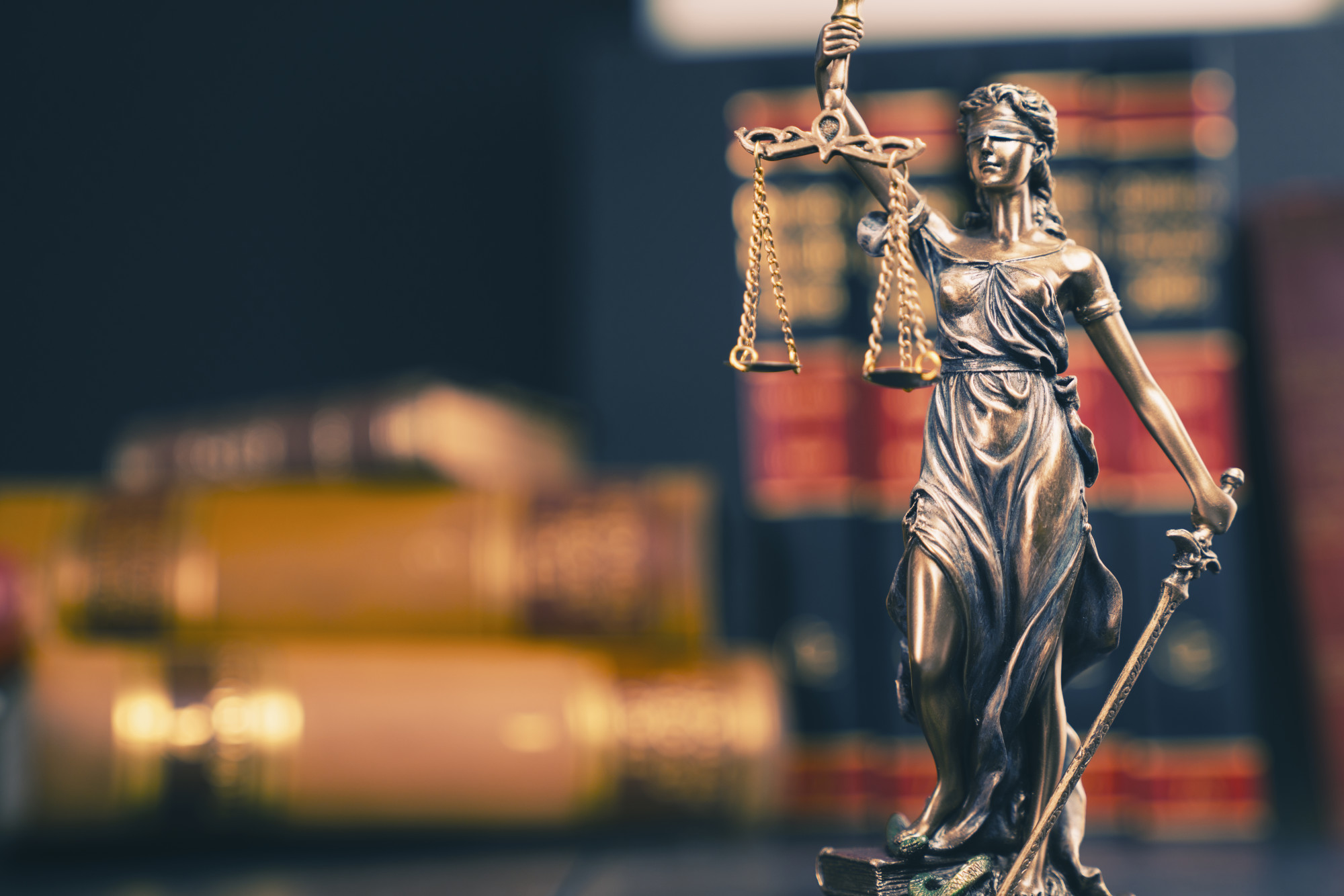I’m sure we’ve all been there. We’re driving down the freeway and trying to safely navigate through traffic and around hazards. Then, all of a sudden, a car hits motorcycle.
This doesn’t just happen with cars, but it does happen quite a bit when automobiles and motorcycles collide. Accidents and injuries are not only frustrating and unfortunate experiences, but they are costly too.
Here’s some guidance to help you get out of this difficult and emotional situation. Read on!
Stop Your Car
If you ever find yourself in a situation where your car hits a motorcycle, the first and most important thing to do is to stop your car as soon as possible.
It is crucial that you come to a complete stop, turn on your hazard lights, and check your surroundings to ensure that there are no further dangers or potential hazards that could put yourself or others at risk.
Stopping your car after a collision is not only a legal requirement but also a moral obligation. Leaving the scene of an accident can result in serious legal consequences. It can include:
- Fines
- License suspension
- Imprisonment
Stopping your car also allows you to assess the situation and provide any necessary aid to the injured motorcyclist. Remember that accidents can be traumatic for everyone involved. it is important to remain calm, patient, and cooperative.
Check for Injuries
If you are involved in a car accident where you hit a motorcycle, one of the first things you should do after stopping your vehicle is to check for injuries. This applies to all passengers involved. If anyone is injured, it is essential to call for medical assistance fast.
Even if the injuries seem minor, it is still important to seek medical attention. Some injuries may not be apparent at first glance. If you have injured yourself, it is important to avoid moving around too much, as this can worsen your condition. Stay still and wait for medical help to arrive.
While waiting for medical help to arrive, you can offer basic first aid to anyone who needs it. Keep in mind that moving an injured person can sometimes worsen their injuries. It is best to wait for professionals to assess the situation and provide the necessary care.
Move to a Safe Area
It’s important to prioritize everyone’s safety and act responsibly in the aftermath of a collision. If possible, move your car to the side of the road or to a nearby parking lot, away from traffic. This will help prevent additional accidents from occurring and will also allow emergency personnel to access the scene more easily.
If your car is not drivable or if moving it would be dangerous, turn on your hazard lights to alert other drivers of the situation. If you have safety cones or flares, place them around the scene to further warn approaching vehicles.
It’s important to remember that moving your car to a safe area does not mean leaving the scene of the accident. Once you have moved your car to a safe spot, stay at the scene and wait for the police to arrive. By moving your car to a safe area, you are taking the necessary steps to prevent additional accidents and injuries.
Exchange Information
It is important to exchange information with the other parties involved. This information exchange is crucial for insurance purposes and can help decide who handles any damages or injuries sustained in the accident.
When exchanging information, be sure to get the following details:
- Name and contact information of the other driver
- Make, model, and license plate number of the other vehicle involved
- Insurance information for other drivers
- Name and contact information of any witnesses
Be sure to provide the other driver with your own contact and insurance information as well. It’s important to remain calm and courteous during the information exchange, even if you feel upset or angry. Avoid placing blame or admitting fault, as this can complicate the insurance claim process.
Contact the Police
It’s important to contact the police immediately. Even if the accident seems minor. Having an official police report on file can be crucial for insurance purposes and can help determine who is at fault for the accident.
When contacting the police, give them as much information as possible, such as:
- The location of the accident
- The number of people involved
- Any injuries sustained
The police will then arrive at the scene to assess the situation, gather evidence and file a report. It’s important to cooperate with the police and answer any questions they may have to the best of your ability. Avoid placing blame or admitting faults, as this can complicate the insurance claim process.
Notify Your Insurance Company
If you are involved in an accident where your car hits a motorcycle, it’s important to notify your insurance company as soon as possible. Reporting the accident to your insurance company is crucial for the claims process and can help ensure that you receive the necessary coverage and support. When reporting the accident, be sure to provide your insurance company
Your insurance company will likely assign an adjuster to your case who will assess the damage to your vehicle and any injuries sustained by you or the other parties involved. They may also work with the other party’s insurance company to determine who is at fault for the accident. It may also be best to seek legal advice from a lawyer for motorcycle accident.
Learn What to Do When Your Car Hits Motorcycle Today
Any vehicle accident requires swift caution and decisive action. If your car hits motorcycle, be sure to stay at the scene, render aid if possible, and document the accident.
Try to stay calm, assess the situation and contact police and/or qualified medical attention if required. If you require legal assistance, contact a knowledgeable attorney to discuss your rights and options.
Did you find this article helpful? Check out the rest of our blogs!










